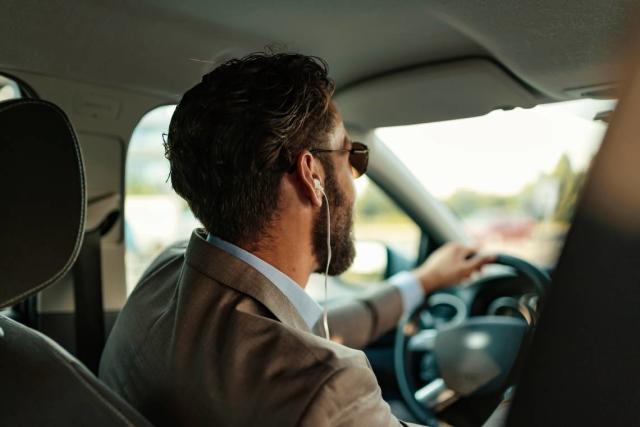Edge Fall Protection Solutions all Industrial Undertakings Should Check Out
Accidental falls are a common cause of severe injuries and deaths in the workplace. As per 2019 data, 880 workers died due to falls, and about 244,000 were severely injured.
Due to the higher probability of fall accidents in industrial plants, employers need to install the best in fall protection to reduce the risks and make employees feel safe. Here is the list of edge fall protection solutions all industrial undertakings should check out.
Types of Fall Protection Systems
Depending on the kind of industry and the risks involved, different fall protection systems are available to protect your workers.
- Non-Penetrating Guardrail
A non-penetrating guardrail does not puncture your roof during installations. It means companies do not have to face roof leakage problems after installing non-penetrating guardrails. These fall protection systems are ideal for places where you want temporary protection and restrictions like rooftops.
Here is some crucial information on non-penetrating guardrails:
- Usually painted yellow, these non-penetrating guardrails can be perfect for rooftop unit fall protection, skylight fall protection, courtyard fall protection, and roof perimeter fall protection.
- The guardrail base comprises 100 pounds of cast iron and galvanized pipe with a safety coating. The fall protection system is modular and easily assembled at the location. All you need to do is insert sized rail sections into the receiver posts in the base.
- The security rails are kept in place by securing a pin and outriggers. Experts claim that the non-penetrating guardrail is the best in fall protection to secure a large area like rooftops. No matter how many bases you use, only two outriggers are required to maintain the stability of the guardrail.
- Permanent Rail Systems
For edge fall protection, there are a variety of permanent rail systems. While these rail systems are designed to act as a permanent safety barrier, you can remove and install them anywhere as per your safety needs.
Permanent rail systems are ideal for elevated platforms, rooftops, shipping pits, and mezzanines where access or crowd control is necessary. Though considered a permanent rail system, the removal process is not complicated.
If you need access to the area, you just need to release the tension of the screw at the base and remove the securing pin from the bracket. Then, you have to slide out the removable safety trail. The area is now accessible like it was without the rail.
The guardrail is built strong and can withstand impacts of 13,000 pounds at five mph. They are made from corrugated gauge steel, and each safety rail is secured to the base with a 3-bolt connection. Besides protecting your workers, the safety rails also protect your expensive machinery from getting damaged by accidents involving powered industrial trucks.
- Active Fall Arrest and Restraint Systems
An active fall arrest system consists of a lanyard, full-body harness, anchorage, and connectors. Based on the type of safety system, it may have shock-absorbing lifelines or self-retracting lifelines. You need to select the correct type of active fall arrest system for your industrial plant or construction project as per the fall distance available at the site.
An active fall restraint system prevents the fall through a tie-off system. In such a system, a lanyard is connected to a person who will not allow the person to reach a hazardous edge that will lead to a fall accident. There are several types of fall arrest and restraint systems.
- Ladder Fall Arrest system
Most workplaces have fixed ladders used to access raised platforms or elevated areas. Though the ladder is secured on a surface and provides stability, many accidents happen due to slips on the ladder.
The ladder fall arrest system includes top and bottom mounting brackets and a pre-swaged cable. The top anchor point is rated at 3600 lbs. and easily supports the weight of a fully grown adult. The cable sleeves attached to the body harness move along with the employee while ascending or descending and prevent fall and slip accidents.
Thus, fall protection systems are necessary by law to make the workplace safe for everyone, reduce fall accidents, and improve productivity.



